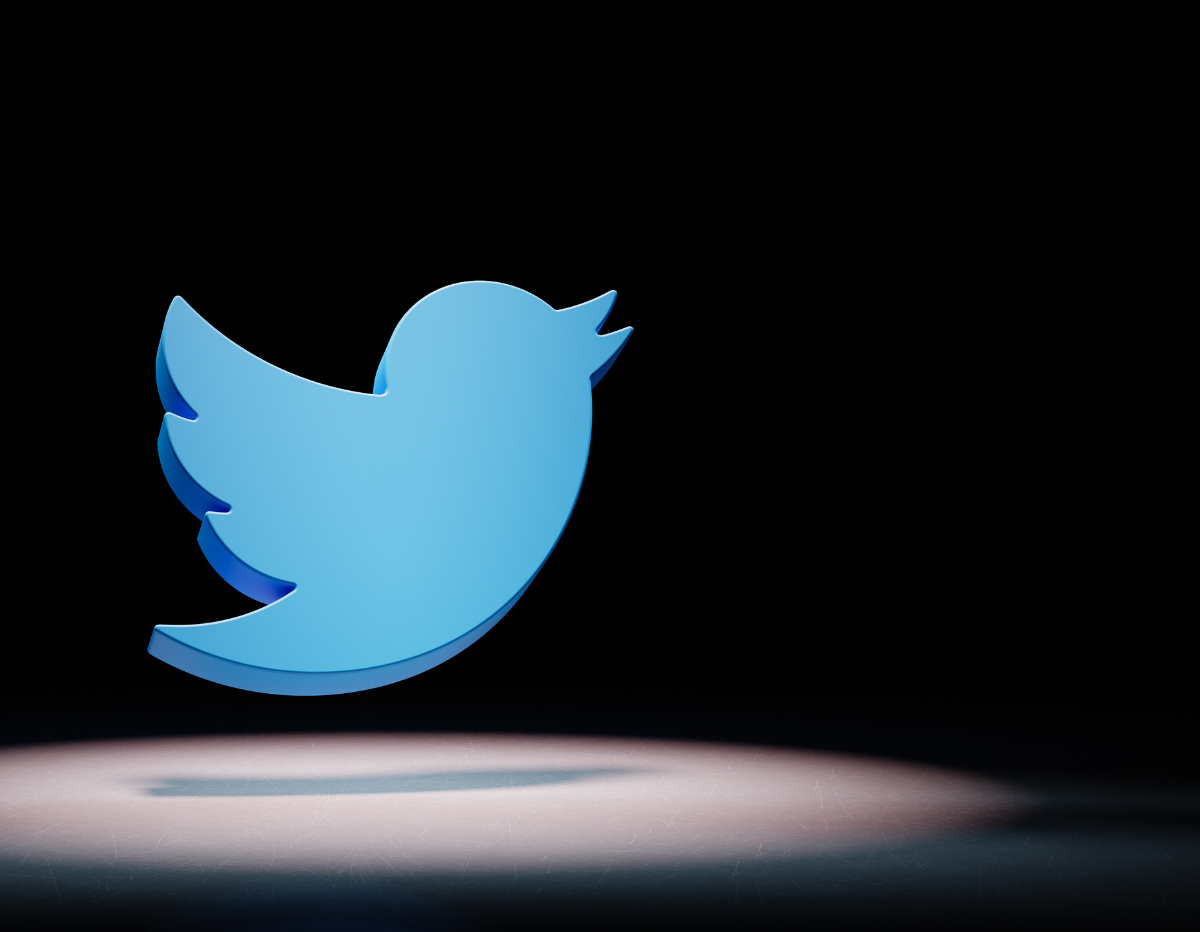
Do you remember the 2015 Oscars? I’m guessing no, and that’s okay because that was forever ago. So I’ll remind you: all 20 acting nominations were for white people. For the second straight year!
April Reign was, at the time, a media strategist active on Twitter. When she posted about the stunning absence of Black actors, she tried a new hashtag: #oscarssowhite. And she probably changed the Oscars and the film industry forever.
That hashtag started thousands of online conversations on Twitter and, well, everywhere. Today, people pay a different kind of attention to the Oscars and awards and other similar cultural events.
Now, that was not the beginning of Black Twitter, but it’s one of the great stories you’ll find in “Black Twitter,” the new docuseries on Hulu that tells the story of Black voices on that platform. But maybe it would help if we go a little further back in time.
In 2009, early Twitter, then three years old, was a place for rebellion, with punchy and useful content in 140 characters. The Black Twitter community started gaining traction, expanding conversations. In the U.S., especially for Black people, there was a growing sense of disillusionment. When George Bush was in office, Kanye West famously said on a TV show hosted by Mike Myers, “George Bush doesn’t care about Black people.” The internet promised a bigger world than real life felt, and on Twitter, one could openly criticize politicians or ideologies. Black people felt more connected than ever, sharing their voices and opinions on Black Twitter, where they were validated by each other and mattered. This marked the rise of Black Twitter in Obama’s America.
Songs by rappers were shared on Black Twitter, uniting Black America, including lyrics from Jeezy’s “My President.” “My President is Black. My lambo’s blue. And I’ll be damned if my rims ain’t too. My money’s light green and my Jordan’s light grey.” This line spread across Twitter, bringing Black communities together in celebration and pride. Reflecting on years of slavery and systemic racism, a Black president had taken the White House. Black communities nationwide began to party and turn up, deeply appreciating a Black man, Obama, leading the country.
Following Obama’s takeover of the White House, Black Twitter continued to blow up, with a creative emphasis on hashtags that brought Black users on Twitter together virtually around specific topics. For instance, #YouKnowYoureBlackWhen exploded across the platform, highlighting shared reference points and similarities in Black culture. These hashtag topics allowed users to feel connected in their Black experiences, emphasizing that even in the smallest details, Black people were one;
- #YouKnowYourBlackWhen you cancel plans when it’s raining
- #YouKnowYourBlackWhen you wear tall tees
- #YouKnowYourBlackWhen you can go to a cookout late and still be early
- #YouKnowYourBlackWhen nobody is allowed to be in the living room
Up until this point, these hashtags revealed cultural reference points, allowing Black people to see the roots of their identities and connections visually.
Twitter became a tool to tell Black stories. Black Twitter made the news, blending humor with political discourse. It created a new era of Black media, supporting television shows and hosting watch parties, for shows like Insecure by Issa Rae. Twitter encouraged racial equity by providing a space for these discussions. It also gave access to people you might not meet in real life but could interact with online, including celebrities like Rihanna and Ciara.
Black Twitter was a space for Blackness and Black culture. It fostered linguistic innovation, with words having multiple meanings and meme creation becoming a form of communication. For Black people in America, it created a new internet language and communication style. Black language and gesture were vital, with visual culture playing a huge role. Memes became a way to express Blackness, showcasing creativity and talent using tools like Photoshop.
I invite you to watch Black Twitter. I invite you to remember, reflect, and engage with a dialogue highlighting a virtual space that provided Black users with a community where individuals felt free, relentless, joyful, and powerful.
Black Twitter became an instrument for the expression of Black people in a country that has so often silenced the Black community and still tries to.



